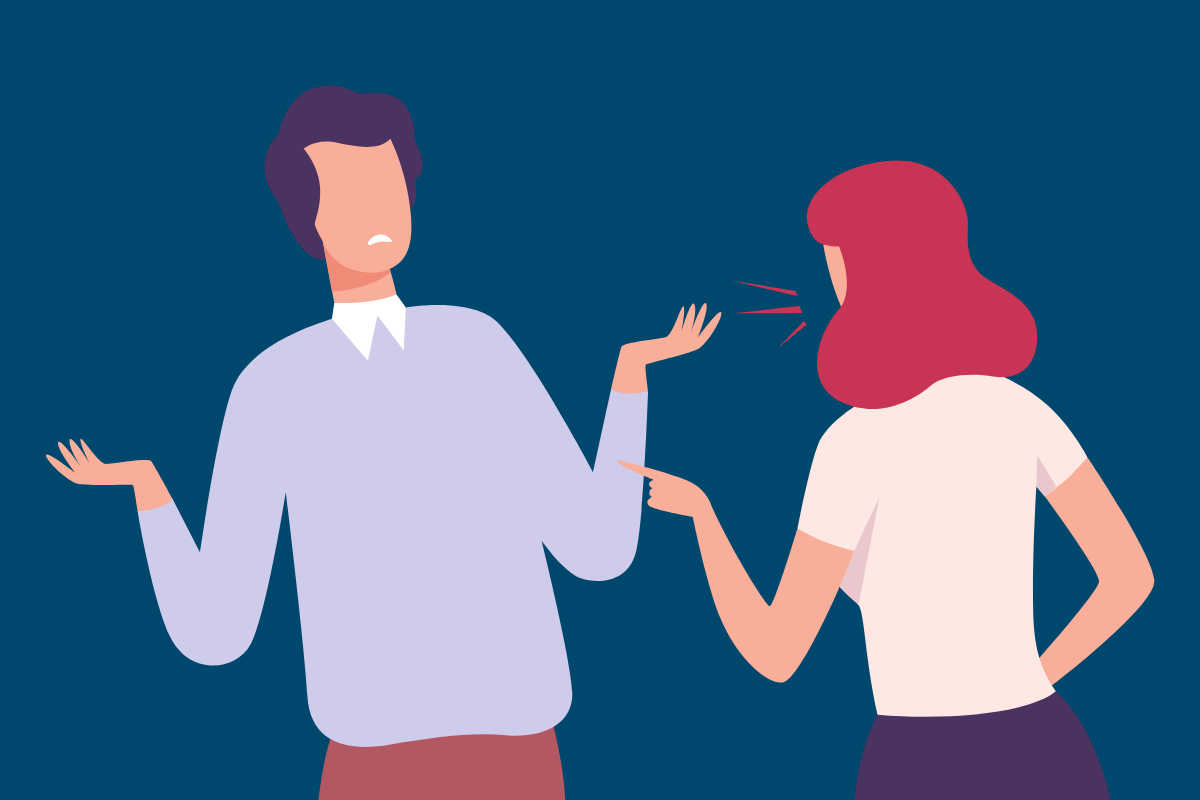All posts
Where Does Domestic Violence Start?
What do you picture when you think of domestic violence? Maybe you imagine some swearing that leads to yelling that leads to shoving and ends in hitting? There are many forms of domestic abuse, and all types (such as emotional, verbal, sexual, financial and physical abuse) can be just as damaging to survivors. This article […]


What do you picture when you think of domestic violence?
Maybe you imagine some swearing that leads to yelling that leads to shoving and ends in hitting?
There are many forms of domestic abuse, and all types (such as emotional, verbal, sexual, financial and physical abuse) can be just as damaging to survivors.
This article will explore some warning signs of escalation of domestic violence.
If you believe you or your children are in immediate danger, please call 000.
What is domestic violence?
While physical violence is domestic violence, abuse can occur in many ways.
Some types of abuse might include a partner who:
- Is extremely jealous or possessive
- Wants to know where you are and who you’re with at all times
- Tells you who you can and can’t speak to or spend time with
- Tells you what to wear or how you should look
- Controls all the finances in the home
- Belittles you in front of others or when you’re alone
- Blames you for all the problems in the relationship
- Believes in rigid gender roles (e.g. man who expects woman to cook and clean)
- Yells and/or uses disrespectful language when speaking to you
- Puts you down and criticises you
- Pressures you into sex or sexual acts
- Throws things or punches walls when angry
- Threatens violence to you, your children or your pets
- Makes you feel unsafe.
All of these behaviours are a form of domestic violence. If you experience one or more of these, you might be in an emotionally abusive relationship, which can have serious damaging effects.
Patterns of abuse can change over time, and these behaviours may change to include acts of physical violence. Physical abuse can also come out of nowhere.
You can learn more about emotional abuse and where to get help in this blog post.
What escalates domestic violence?
It’s important to remember that domestic abuse is a choice and the responsibility lies entirely on the abuser – regardless of external circumstances. There is no excuse for abuse.
With this in mind, there are some circumstances where domestic violence can escalate, including:
- Jealousy e.g. suspected infidelity
- Sudden job loss
- Financial stress
- Alcohol or drug use
- Untreated mental health issues.
Again, abuse is a choice that only the abuser is responsible for, and external factors like these are not an excuse to hurt others.
Someone with a drug or alcohol addiction who abuses their partner might become sober and still choose to abuse their partner.
Where to get help
RAQ offers a range of counselling and support services for people affected by domestic and family violence and those who use power and control within their families.
Learn more about these services and how to access them here, or call us on 1300 364 277 Monday-Friday between 8am-8pm and Saturday between 10am-4pm.
We discuss the types of domestic and family violence, how to create a safety plan, and where to find help here.
Support contacts
1800RESPECT: 1800 737 732
DVConnect Womensline: 1800 811 811
DVConnect Mensline: 1800 600 636
Sexual Assault Helpline: 1800 010 120
Kids Help Line: 1800 55 1800
Lifeline: 13 11 14
If you believe you or your children are in immediate danger, please call 000.
Back to all posts